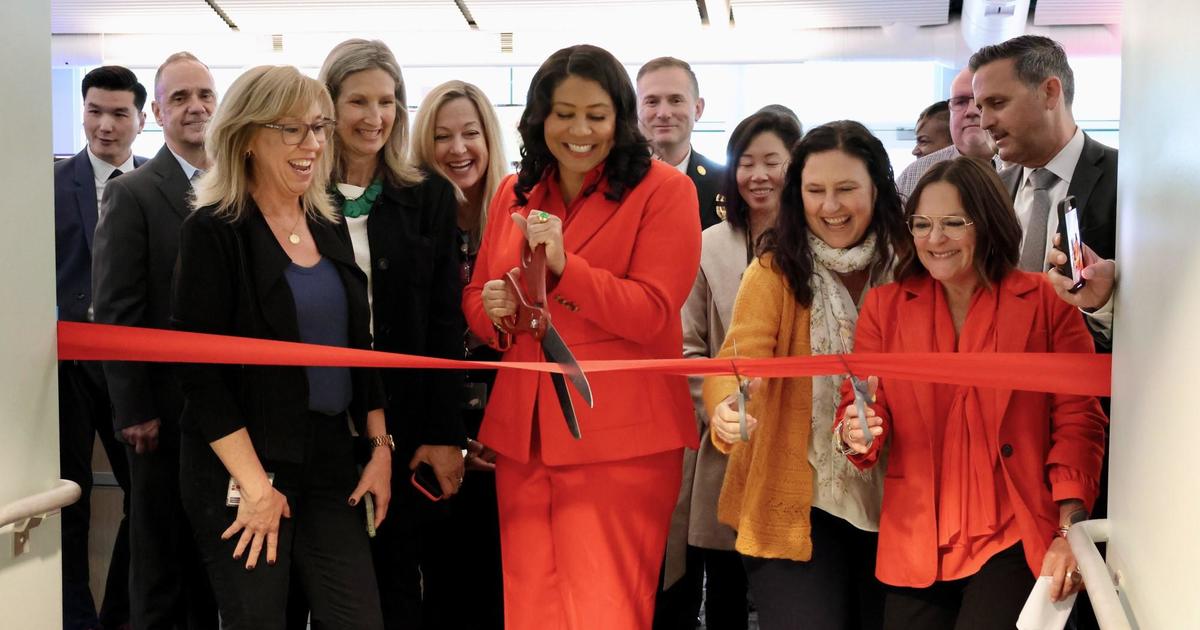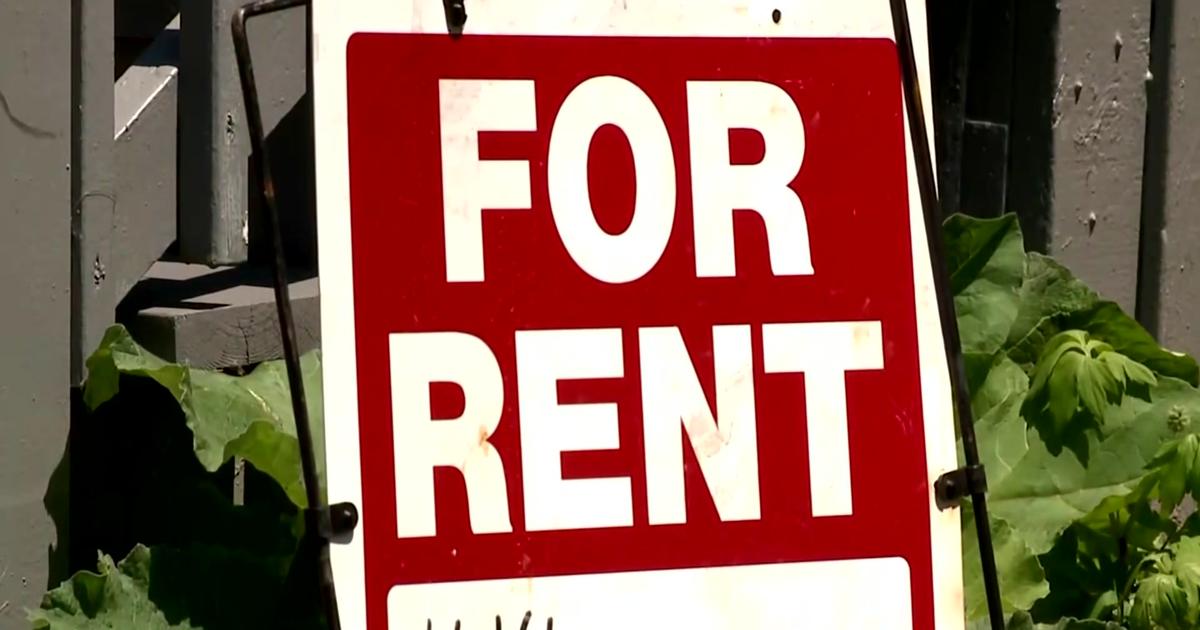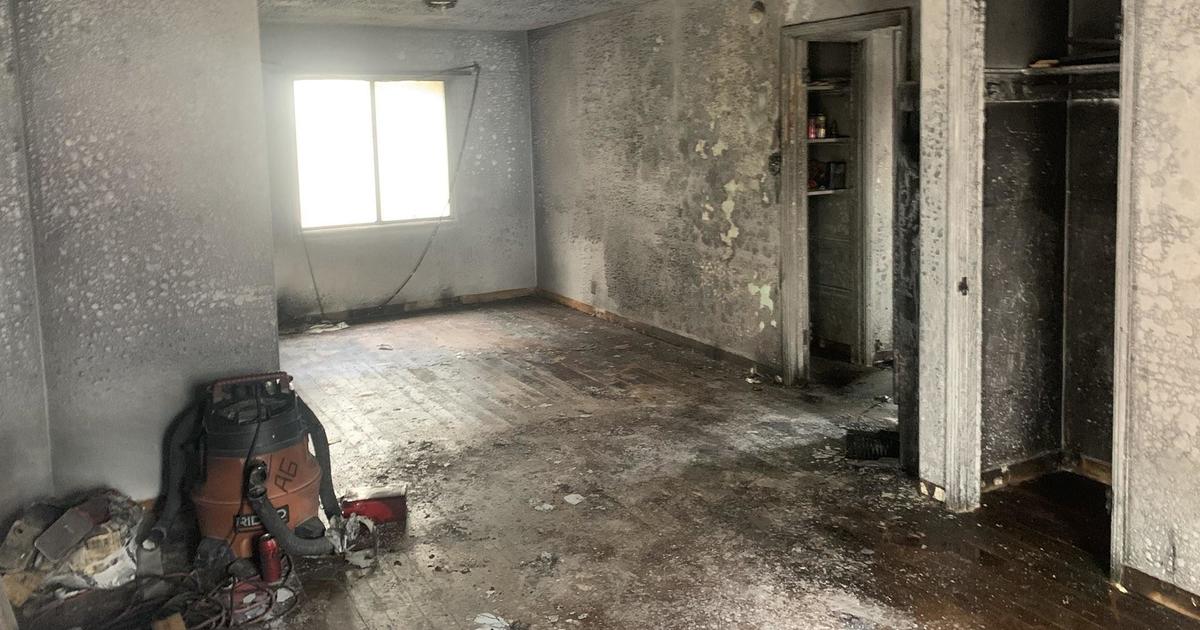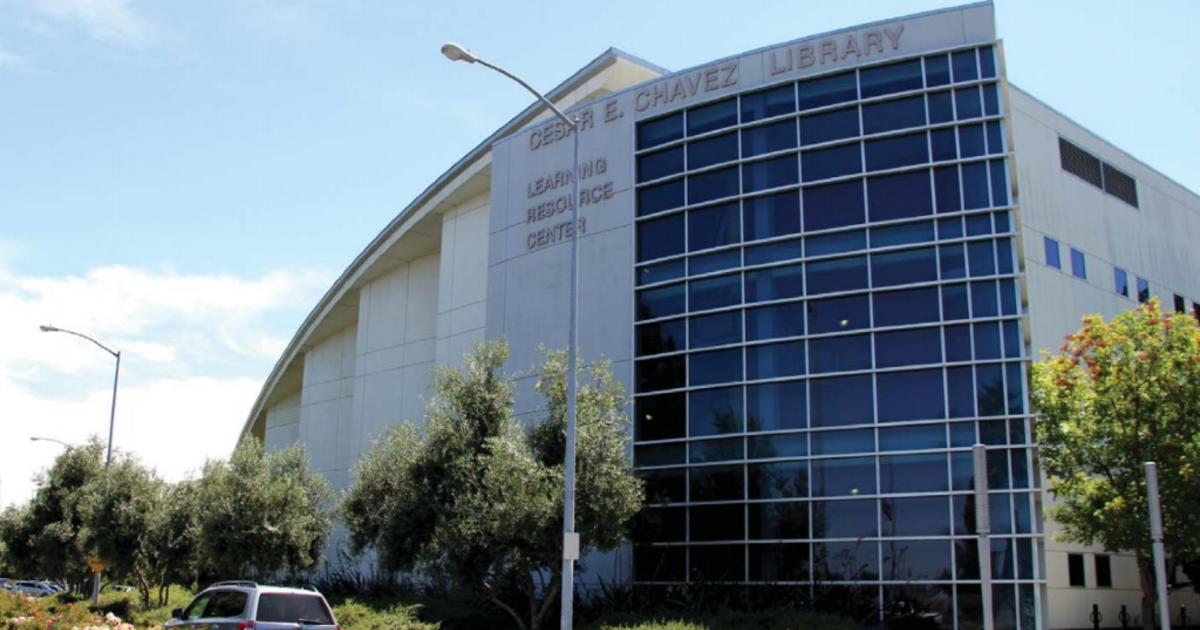San Jose Council Votes To Put 'Strong Mayor' Proposal On November Ballot
SAN JOSE (CBS SF) -- A measure to reform the city of San Jose's campaign finance and conflict-of-interest laws, increase the mayor's power and add two years to current Mayor Sam Liccardo's term is making progress toward the November ballot after a city council vote on Wednesday.
The council voted 6-5 to put the proposal to voters after debating it for 11 hours on Tuesday and Wednesday.
Shifting to a "strong mayor" form of government would allow Liccardo and subsequent mayors to manage, set performance goals for and fire police and fire chiefs and the city's planning, parks and recreation, roads and library department heads. San Jose is one of few U.S. cities its size without that form of government.
In San Jose, those responsibilities reside with the city manager, who is appointed by the mayor and city council, while the mayor has about the same power as a city councilmember - but a bigger staff and budget and more ceremonial duties.
If voters approve the ballot measure in November, it provides for establishment of a "blue ribbon" charter review commission to accomplish the proposed changes.
The council's Latino Caucus - Sylvia Arenas of District 8, Magdalena Carrasco of District 5, Raul Peralez of District 3, Maya Esparza of District 7 and Sergio Jimenez of District 2 - voted against the measure. Members of the caucus said they were concerned that the measure could change the structure of city government and that it was rushed and self-serving for the members who voted in favor.
The same councilmembers also asked to divide the proposal into four separate measures, but Vice Mayor Chappie Jones, who authored the proposal, did not agree.
"Allowing a conversation like this to be done in a silo and then coming forward and pretending that this is what's best for our community is insulting not only to me but to our community members," Peralez said.
Esparza, Arenas and Carrasco also said moving the mayoral election onto the same calendar as presidential elections would disadvantage the city's odd-numbered council districts because they hold elections on the off-cycle.
Districts 3, 5, and 7 are the city's poorest and hitorically have had the lowest turnout, Carrasco said.
"It was by design that we Latinos were pushed into an area that does not have sidewalks, didn't have proper drainage, didn't have the kind of resources that... the west side has, and so by design, districts with uneven numbers were left out of what has been proven to be a cycle that pulls out and engages greater voter turnout," said Carrasco. "So, while you get a strong mayor, potentially a mayor with two years, make sure you don't leave poor people and people of color behind."
Liccardo, who last year did not support a strong-mayor system, said he was "not going to die on that sword. I am not in this to get an extra two years."
Jones and Councilmember Lan Diep from District 4 said they supported a move to a strong mayor system to increase accountability of the city's mayor.
"I had an opportunity to see in a strong-mayor form of government how effective that can be in terms of a mayor being able to push forward their agendas and their programs and their visions," Jones said on Wednesday.
Councilmembers Pam Foley of District 9, Dev Davis of District 6 and Johnny Khamis of District said the best way forward was to let voters decide.
The council will continue its discussion and refine the ballot measure language at a special council meeting on Tuesday, July 28. They will meet again on August 4 to confirm the measure's language. The measure must be sent to the office of the registrar by August 7 in order to be on the November 2020 ballot.
© Copyright 2020 CBS Broadcasting Inc. and Bay City News Service. All Rights Reserved. This material may not be published, broadcast, rewritten or redistributed.



